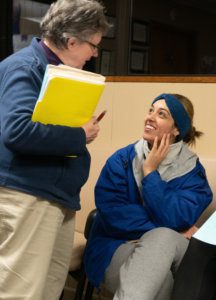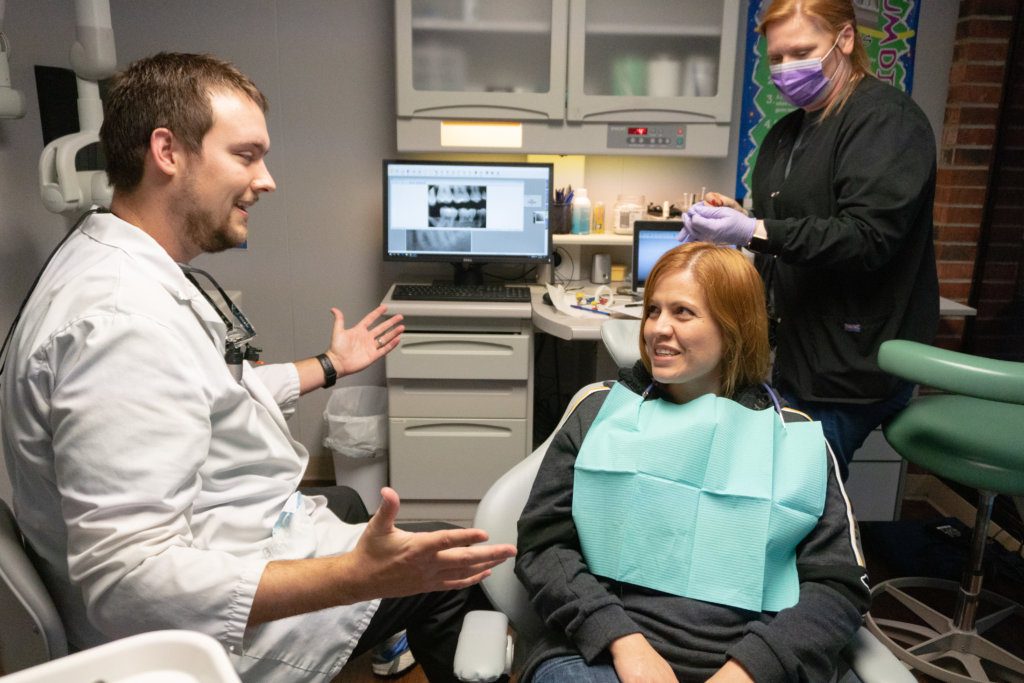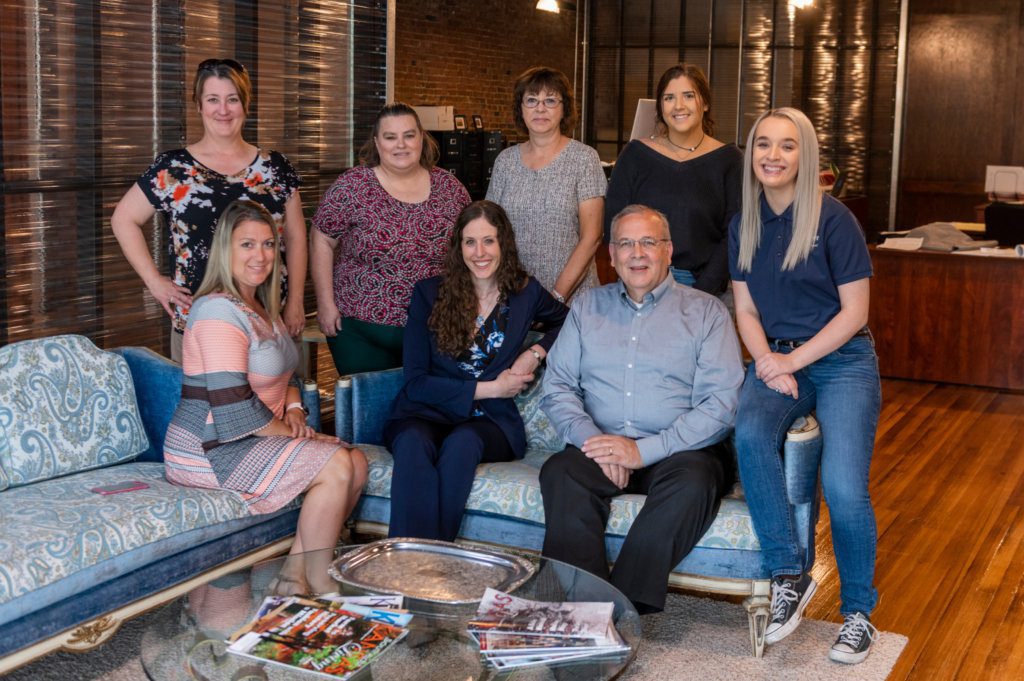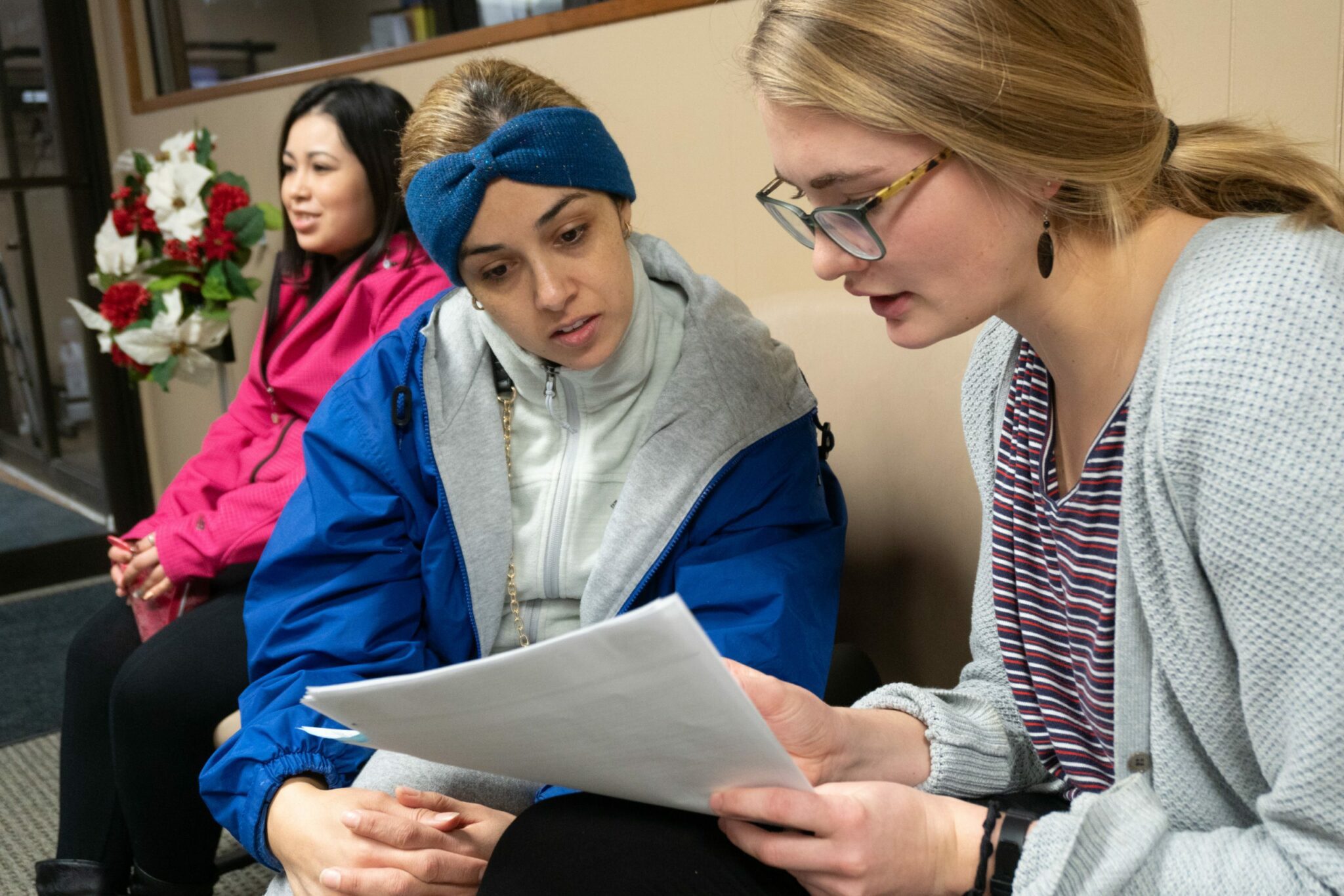While businesses, local governments, families and other groups grapple with the health, social and economic effects of COVID-19, many people and community groups are looking to the health and human services sector for help and direction.
REACH Foundation staff has reached out to longtime partners to hear how their work has changed and encourage them to share their experiences of how they are striving to be present for their workers and communities.
The following posts come from nonprofit partners in two of our rural counties: the Migrant Farmworkers Assistance Fund that provides health care navigation and other assistance to year-round and seasonal farmworkers in Lafayette County, Mo., and Thrive Allen County in Kansas, a rural health revitalization and advocacy organization focused on engaging their residents in building a healthy and vibrant Allen County.
Suzanne Gladney, Executive Director
Migrant Farmworkers Assistance Fund, Missouri
 As COVID-19 began to gain attention in the Kansas City area, our team put our focus on determining what assistance would be most important to the families we serve – instead of bombarding people with information that might be hard to digest. The largest influx of farmworker families arrives in late July, but there are approximately 60 families that live in Lafayette County year-round. This is the time when our team schedules health appointments to get their needs met before the large group of farmworkers arrive. Due to COVID-19, the health clinics halted elective visits, so that meant canceling nearly 80 appointments. The good news is we are now at a place where we can begin to reschedule those child health and adult medical appointments.
As COVID-19 began to gain attention in the Kansas City area, our team put our focus on determining what assistance would be most important to the families we serve – instead of bombarding people with information that might be hard to digest. The largest influx of farmworker families arrives in late July, but there are approximately 60 families that live in Lafayette County year-round. This is the time when our team schedules health appointments to get their needs met before the large group of farmworkers arrive. Due to COVID-19, the health clinics halted elective visits, so that meant canceling nearly 80 appointments. The good news is we are now at a place where we can begin to reschedule those child health and adult medical appointments.
Our team tries to think in terms of what are the biggest risks to our clients. Many of them do not have access to a grocery store near where they live. To help them shelter safely at home, we set up a schedule to deliver food and household supplies on Thursdays. We make bags of groceries, diapers and other household goods on Tuesdays, and pick up fresh foods from Harvesters to add to their delivery to their doors on Thursdays. Every week, we include in their bags very brief COVID information, in Spanish and English, such as how to talk about COVID-19, good hygiene and safety practices, and how to discuss the virus with children.
The next important work is getting ready for the arrival of close to 300 migrant farmworkers and children in late July. We work closely with the health clinics to conduct health, mental health and medication assessments when they arrive. We also provide information on other programs and services. We are thinking through how to handle that process, which we conduct at the orchards, where their housing is located, and will work with the Health Care Collaborative of Lafayette County, the public health department and the orchard owners to understand their safety plans.
It takes a lot to prepare for some 250-350 people, but we have good partnerships to make it happen.

Lisse Regehr, President and CEO
Thrive Allen County, Kansas
 As Thrive adapted to new work approaches due to COVID-19, we started to turn our attention to thinking about ways to more effectively use our team. Thrive’s work in the areas of community engagement and economic development relies greatly on grant funding to support programs and initiatives. As some grants went away or application deadlines were delayed due to COVID, new funding opportunities have emerged. To make sure we are ready for these opportunities, we decided to think about how we could build grant writing skills across our staff in the areas in which they have expertise.
As Thrive adapted to new work approaches due to COVID-19, we started to turn our attention to thinking about ways to more effectively use our team. Thrive’s work in the areas of community engagement and economic development relies greatly on grant funding to support programs and initiatives. As some grants went away or application deadlines were delayed due to COVID, new funding opportunities have emerged. To make sure we are ready for these opportunities, we decided to think about how we could build grant writing skills across our staff in the areas in which they have expertise.
With the help of Jessica Thompson, Thrive’s Director of Development, we asked staff to take on grant proposals in areas in which they work and have a passion. This way, we’re creating a stronger base of skills across our team. Some of the proposals are small, but others are larger opportunities. As staff prepare proposals that are a fit with Thrive’s work and mission, they send their drafts to Jessica and Thrive’s contract grants consultant to review the proposals and provide feedback to help them strengthen their applications. We see it as a win for our staff and for Thrive.
If any of our team members should leave our organization in the future, this is a skill set they will take with them to future positions. In rural areas, grant writing expertise is sought after and a highly valued skill. It’s our position that the more we invest in our staff, the more they will bring to Thrive and our community. When someone is successful with a proposal, no matter the amount, we can celebrate that success together. It’s one more way we can help our team excel.





